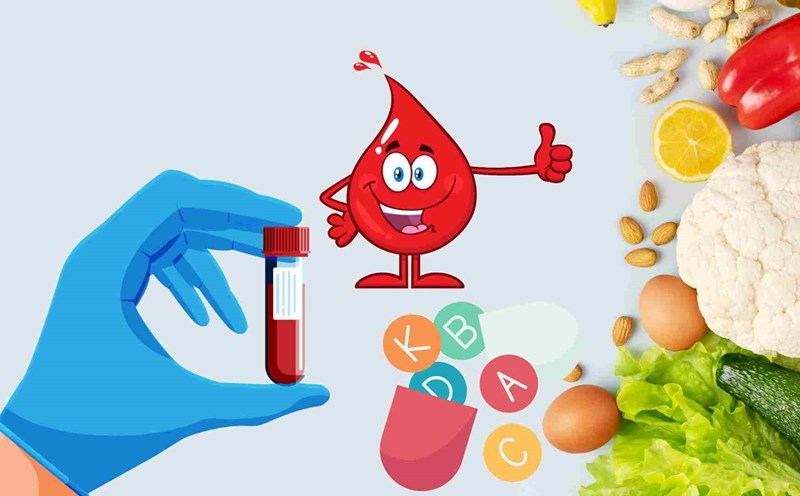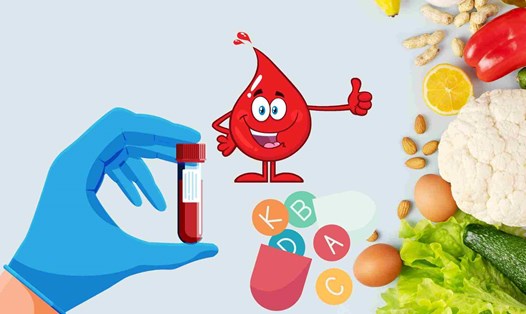According to nutritionist Ramya B, Cloudnine Hospital, Chennai (India), inositol, also known as vitamin B8, is a form of sugar that plays an important role in many biological processes of the body. Although not an official vitamin, inositol helps regulate insulin, improve mental health and help treat metabolic conditions such as diabetes.
The importance of inositol
Signaling and cell communication: Inositol helps cells communicate with each other, especially in responding to hormones and neurotransmitters.
Neurological health: It supports the structure of nerve cell membranes, helping to regulate mood and cognitive function.
Regulates insulin: Inositol helps improve insulin sensitivity and control diabetes.
lipid metabolism: Inositol helps regulate cholesterol levels and supports heart health.
Reproductive health: Inositol helps regulate the menstrual cycle and improve reproductive function, especially in women with PCOS.
Mood regulation: Inositol can positively affect mood disorders such as depression and anxiety.
Food sources and supplements of inositol
Inositol can be found in many natural foods, including fruits, beans, grains and nuts. However, the body can also synthesize inositol from glucose on its own. In case of poor diet or specific health conditions, inositol supplementation may be necessary to support overall health and individual treatment goals.
Note
Nutritionist Ramya B said that inositol is an essential nutrient with many important roles in the body. It supports functions such as cell signaling, nervous system health, insulin regulation, lipid metabolism and reproductive health. Ensuring adequate inositol supplementation through diet or supplements is very important for maintaining overall health and supporting specific physiological functions. However, before starting to supplement inositol, especially for treatment purposes, you should consult a medical professional.











